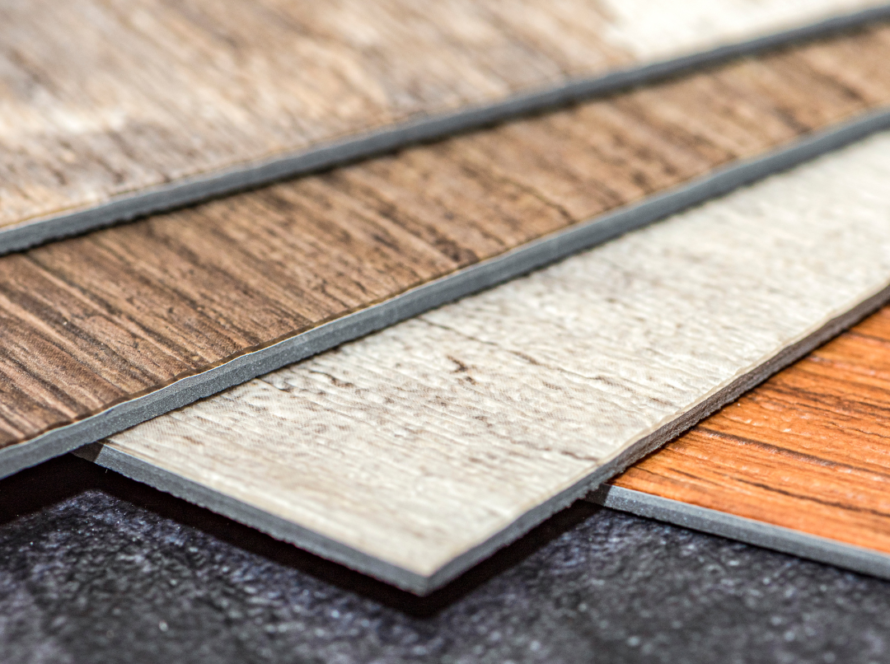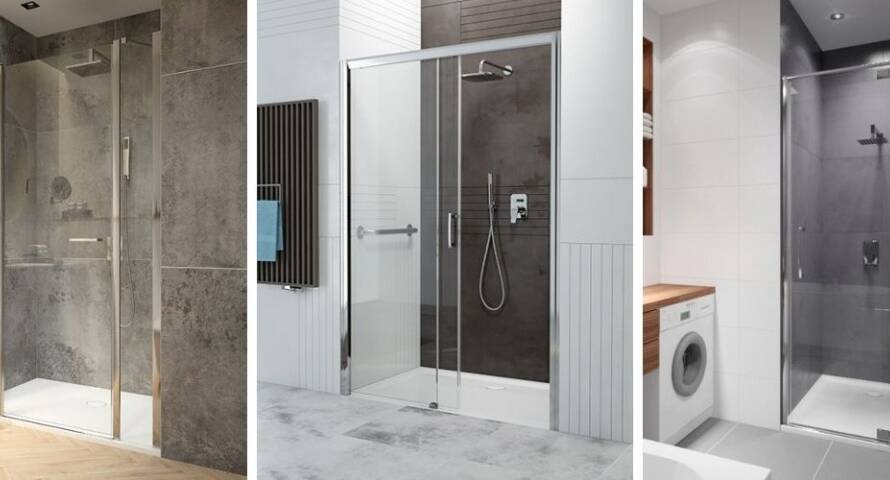Remodeling your bathroom can be an exciting project, but before you start, it’s important to understand New Jersey’s building permit requirements. Not all bathroom remodels require a permit, but certain changes do. In this article, we’ll discuss when you need a permit and why it’s essential for a smooth and compliant renovation process.
What Is a Building Permit?
A building permit is a formal approval from your local municipality, allowing you to proceed with specific construction or renovation projects. It ensures that your work complies with New Jersey’s Uniform Construction Code (UCC), which is in place to protect the safety of the property and its inhabitants.
When You Do Need a Building Permit:
- Moving or Altering Plumbing
- Any time you move or modify existing plumbing, a permit is required. This includes relocating pipes, changing drainage, or adjusting water lines.
- Examples: Rerouting plumbing for a shower or moving a toilet to a new location.
- Electrical Work
- If you are making changes to your electrical system, such as adding new wiring or circuits, you’ll need a permit. This ensures that the electrical work meets New Jersey’s safety codes and prevents hazards.
- Example: Adding a new lighting circuit to accommodate more fixtures.
- Structural Changes
- Any modifications to the structure of your bathroom will require a permit. This includes moving or removing walls, altering the size of doors or windows, and anything that affects the load-bearing parts of your home.
- Examples: Expanding the bathroom by removing a wall or relocating a doorway.
- New Additions or Expanding the Bathroom
- Adding a completely new bathroom or expanding the size of an existing one requires a permit, as this involves plumbing, electrical, and possibly structural changes.
- Ventilation System
- Adding or modifying a ventilation system, particularly installing a new exhaust fan where there wasn’t one before, requires a permit. Proper ventilation is critical to maintaining air quality and preventing moisture buildup.
- Example: Adding an exhaust fan if your bathroom currently does not have one.
When You Don’t Need a Building Permit:
- Cosmetic Changes
- Cosmetic upgrades such as painting, replacing tiles, swapping out fixtures, or upgrading hardware generally don’t require a permit as long as you are not changing the structure or systems of the bathroom.
- Examples: Repainting the walls, changing a vanity in the same location, or installing new tiles.
- Minor Repairs
- Repairs that don’t involve structural, plumbing, or electrical changes usually do not need a permit.
- Examples: Fixing a leaky faucet or replacing a light fixture with a similar one.
How to Obtain a Permit for Your Bathroom Remodel
- Check with Your Local Municipality
- Every town in New Jersey may have slightly different rules, so check with your local building department to understand which permits you need for your project.
- Submit Your Permit Application
- You’ll typically need to submit detailed plans of your remodel, including any changes to plumbing, electrical, or structure. The application should also list the licensed contractors handling the work.
- Schedule Inspections
- As your project progresses, the municipality will likely require inspections at various stages—especially after plumbing or electrical work is done. Once the project is complete, a final inspection will ensure everything is up to code.
- Hiring Licensed Professionals
- Certain jobs, particularly plumbing and electrical work, must be done by licensed contractors in New Jersey. Make sure the professionals you hire are familiar with local codes and permitting processes.
Why Obtaining the Proper Permit Is Important
Failing to get the necessary permits can result in serious problems:
- Fines and Penalties: If you proceed without the required permits, you may face fines, and the municipality could even order you to undo the work.
- Delays: If non-compliant work is discovered, it can cause significant delays as you go back to obtain permits and make corrections.
- Resale Issues: Unpermitted work can create issues when selling your home, as home inspectors and potential buyers often demand proof that all work was done with the proper permits.
Conclusion
A successful bathroom remodel starts with knowing when a permit is required. In New Jersey, moving plumbing, altering electrical systems, making structural changes, or adding ventilation typically require a permit. On the other hand, minor cosmetic updates and repairs generally don’t. Make sure to check with your local building department before beginning your project to ensure full compliance with local regulations.
At RemodUX Bathroom Remodeling, we can guide you through the remodeling process, ensuring all necessary permits are obtained, and work is done safely and up to code.
Contact us today for a consultation and let us help bring your dream bathroom to life.







